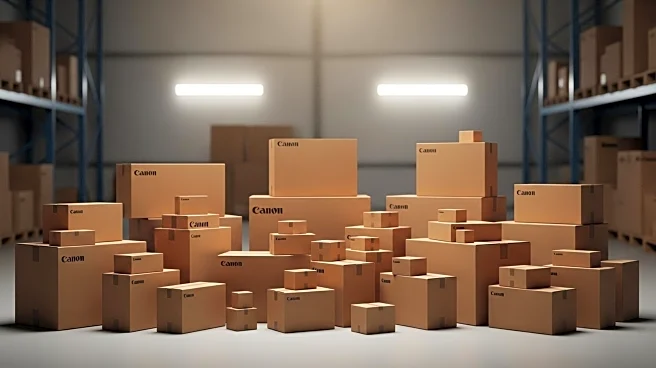What is the story about?
What's Happening?
The National Motor Freight Classification (NMFC) Docket 2025-1 changes have been in effect for two months, with varying impacts on the industry. Companies that prepared by updating systems and training teams experienced minimal disruption, while others are facing challenges such as system mismatches and manual workarounds. The transition is reminiscent of the Y2K scenario, where preparation was key to avoiding major issues. The NMFTA played a crucial role in equipping the industry with necessary tools and support.
Why It's Important?
The successful implementation of NMFC Docket 2025-1 is vital for the efficiency and reliability of less-than-truckload (LTL) carriers and logistics providers. Proper preparation ensures smooth operations and minimizes disruptions, which is crucial for maintaining service levels and customer satisfaction. The transition highlights the importance of readiness in adapting to regulatory changes, impacting stakeholders across the logistics and transportation sectors.
What's Next?
Companies still facing challenges with the NMFC Docket 2025-1 transition will need to prioritize system updates and staff training to align with new requirements. The NMFTA and industry partners may continue to provide support and resources to facilitate this process. As the industry adapts, there could be further developments in technology and processes to enhance efficiency and compliance.
Beyond the Headlines
The transition underscores the need for ongoing investment in technology and training within the logistics industry. It also highlights the importance of collaboration between industry bodies and companies to navigate regulatory changes effectively. Long-term, this could lead to increased resilience and adaptability in the face of future challenges.
















